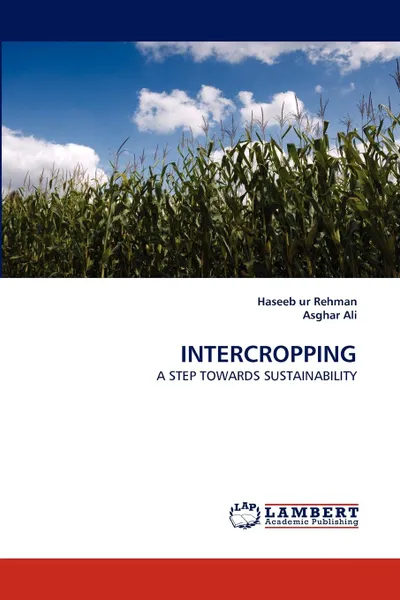INTERCROPPING 12+
Автор: Haseeb ur Rehman,
Asghar Ali
104 страницы
Категория: Научная литература
ISBN: 9783843366274
Язык: Английский
📒 Intercropping is experienced by preponderance of farmers in many regions of the world. Intercropping has since long been used as mean to cover the risk of failure of base crop and it can pilot to boost food supply without retreating the sustainability of soil. This system of cropping suppresses weeds, reduces pest disease infestation, gives yield advantage and there is stable yield over time. Crop fertilizer needs can be met with the addition of an organic fertilizer, which is suitable for enhancing crop yields on sustained basis and cost effective too. The use of legumes as an intercrop can serve a potential source of organic fertilizer. It can be used as a supplement source of nutrition especially that of nitrogen. It is an economical way of food production as one input such as N from legume can be applied once and used by all the crop components in the farm thereby saving time for the farmer. Thus present project will be helpful to farmers in order to augment the crop yield and sustain the soil fertility, identify an effective and low cost fertilizer level technique for maize and substitute N-fertilizer with leguminous crops as an organic source.
Мнения
